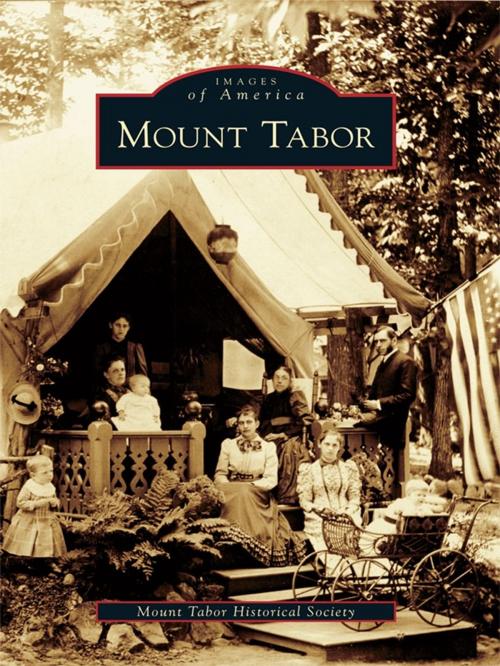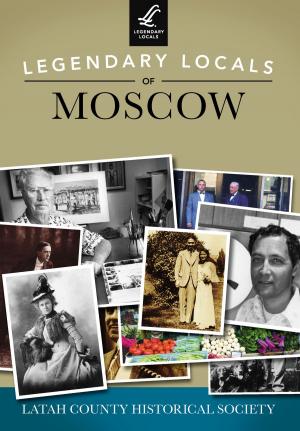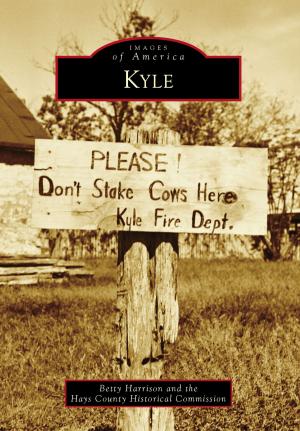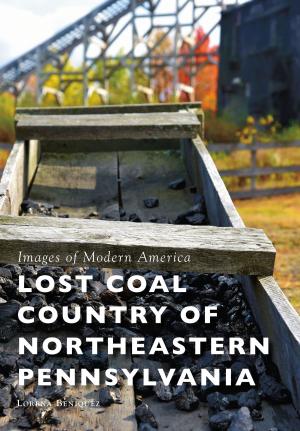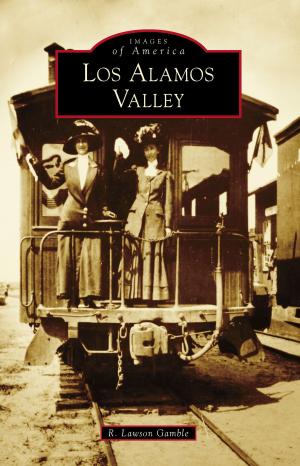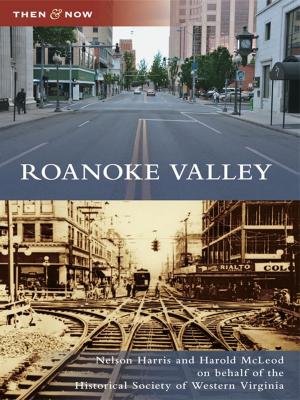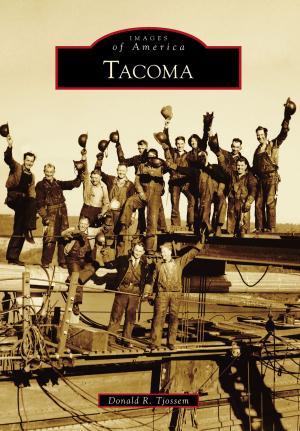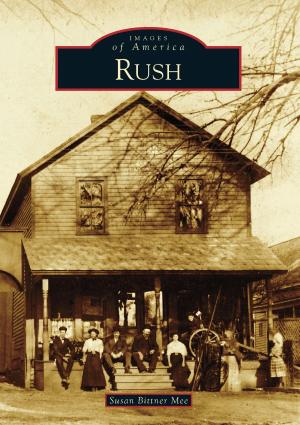| Author: | Mount Tabor Historical Society | ISBN: | 9781439634738 |
| Publisher: | Arcadia Publishing Inc. | Publication: | July 25, 2007 |
| Imprint: | Arcadia Publishing | Language: | English |
| Author: | Mount Tabor Historical Society |
| ISBN: | 9781439634738 |
| Publisher: | Arcadia Publishing Inc. |
| Publication: | July 25, 2007 |
| Imprint: | Arcadia Publishing |
| Language: | English |
One of New Jersey�s earliest permanent Methodist camp meeting grounds, Mount Tabor embodied the austere evangelical fervor of 1869. Canvas tents on 16-by-25-foot leased lots surrounded Trinity Park, the focal point of all religious and social activity for 10 days in late August. The camp meetings were hugely successful, and the growing community needed more permanent housing. Narrow, two-story Victorian cottages with intricate porches and balconies began to sprout on the lots. In 1885, the octagonal-shaped tabernacle, with its soaring walls and heaven-high ceiling, was built. As early as 1891, the religious summer colony expanded its recreational activities,
and by 1912, Mount Tabor was more of a summer resort than religious retreat. After World War II, most of the 350 cottages were converted to year-round use, and Mount Tabor became a community within Parsippany, welcoming people from all religions and backgrounds. Today the unpretentious charm of its humble beginnings permeates the quaint community, and modern residents, like their forebears, are drawn to the rich, spiritual heritage of goodwill and the delightful cottages that invite fellowship.
and by 1912, Mount Tabor was more of a summer resort than religious retreat. After World War II, most of the 350 cottages were converted to year-round use, and Mount Tabor became a community within Parsippany, welcoming people from all religions and backgrounds. Today the unpretentious charm of its humble beginnings permeates the quaint community, and modern residents, like their forebears, are drawn to the rich, spiritual heritage of goodwill and the delightful cottages that invite fellowship.
One of New Jersey�s earliest permanent Methodist camp meeting grounds, Mount Tabor embodied the austere evangelical fervor of 1869. Canvas tents on 16-by-25-foot leased lots surrounded Trinity Park, the focal point of all religious and social activity for 10 days in late August. The camp meetings were hugely successful, and the growing community needed more permanent housing. Narrow, two-story Victorian cottages with intricate porches and balconies began to sprout on the lots. In 1885, the octagonal-shaped tabernacle, with its soaring walls and heaven-high ceiling, was built. As early as 1891, the religious summer colony expanded its recreational activities,
and by 1912, Mount Tabor was more of a summer resort than religious retreat. After World War II, most of the 350 cottages were converted to year-round use, and Mount Tabor became a community within Parsippany, welcoming people from all religions and backgrounds. Today the unpretentious charm of its humble beginnings permeates the quaint community, and modern residents, like their forebears, are drawn to the rich, spiritual heritage of goodwill and the delightful cottages that invite fellowship.
and by 1912, Mount Tabor was more of a summer resort than religious retreat. After World War II, most of the 350 cottages were converted to year-round use, and Mount Tabor became a community within Parsippany, welcoming people from all religions and backgrounds. Today the unpretentious charm of its humble beginnings permeates the quaint community, and modern residents, like their forebears, are drawn to the rich, spiritual heritage of goodwill and the delightful cottages that invite fellowship.
